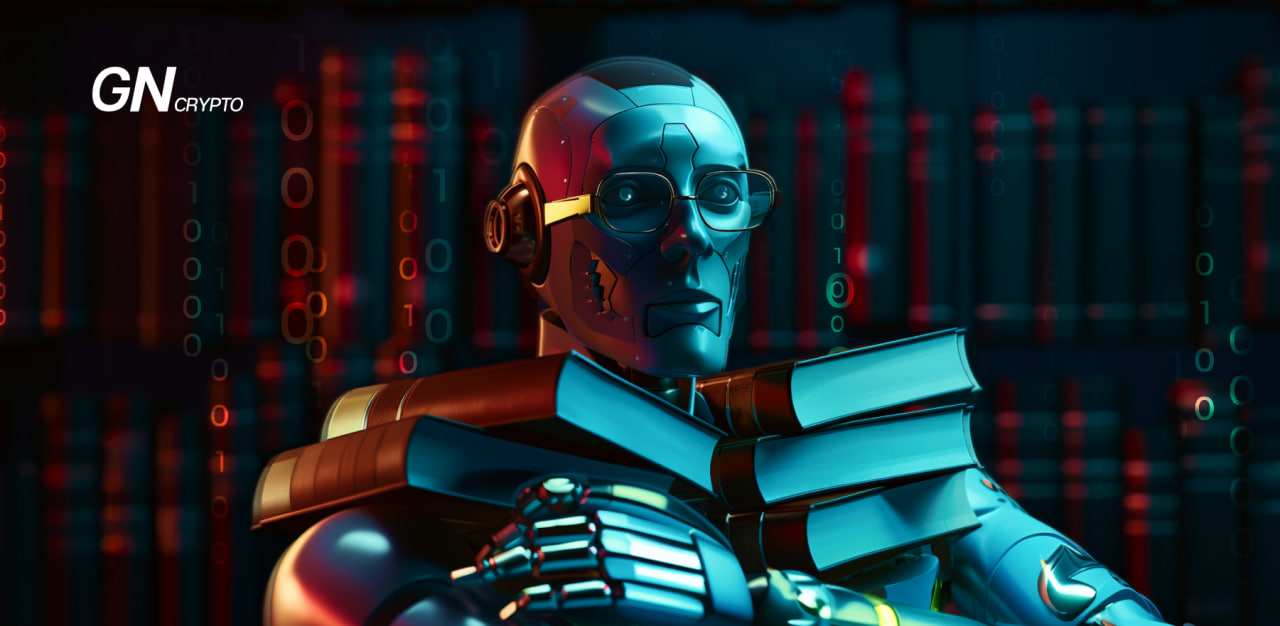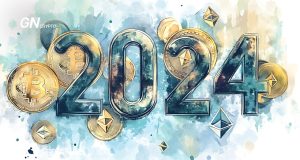AI Goes to School!

The ongoing integration of AI into a variety of products doesn’t exclude the education sector. Despite some resistance from parts of the teaching community, the adoption of AI platforms in universities and schools is increasingly widespread.
On this page
Critics of AI in education fear that students might use the technology to engage in plagiarism and copying of ready-made answers. Nonetheless, a study conducted by Stanford University at the end of 2023 indicates that chatbot usage has not influenced the incidence of cheating among students.
Moreover, initial experiments in universities and schools have yielded positive outcomes in enhancing students' comprehension of the material.
One notable example is Anna University in Chennai, Tamil Nadu, where, in collaboration with the startup HaiVE, an AI professor named Malar, visualized as a delightful young woman, was developed. The project has been boldly dubbed “The World’s First Autonomous AI University Professor.”
Distinct from typical commercial language models, Malar utilizes data not from the internet but from the university’s library and its entire engineering faculty. This method substantially mitigates the risk of so-called LLM hallucinations because the AI accesses a confined pool of academic materials, eliminating the need for conjecture. This reduces the risk of direct errors and their influence on subsequent iterations.
Photo: Malar Source: Х
She is pre-trained with all of Anna University’s Engineering syllabus in all disciplines. She has assimilated all of their recommended reading materials and can teach any concepts in there even in the learning level of a 10 year old,
noted HaiVE Co-Founder Arjun Reddy.
Students can now turn to Malar for assistance with exam preparation, reviewing study materials, or catching up on missed classes. Thanks to its foundation in large language models, the AI professor offers instruction through open dialogues, allowing for real-time responses to additional inquiries.
Furthermore, the AI maintains detailed records on each student's knowledge level across different subjects, enabling highly personalized learning experiences, a long-sought goal for educators.
According to HaiVE, the startup boasts nearly 200,000 users, 30,000 of whom engage with the platform daily. These are notable figures for a locally developed product crafted by enthusiasts.
Malar's success has also caught attention beyond India, particularly in Mauritius. The Mauritian government reached out to HaiVE to assist local students who, due to part-time jobs necessary to fund their education, often miss classes.
Traditional methods like catching up through video-recorded lectures fall short, as they lack interactivity and cannot replicate the engagement of attending live lectures and seminars.
…there has never been a good solution to this problem. They can go back home and catch up on their own. Even though there are recordings of the classes, it’s still asynchronous. You can’t ask questions back,
Arjun Reddy explains.
Experiments with AI in education aren't confined to higher education. The capability for in-depth personalization has made AI-driven courses appealing for elementary and secondary education in the United States.
MacKenzie Price, Co-Founder of 2hr Learning and Alpha School, points out that many students struggle due to insufficient personal attention.
Teachers in elementary and middle schools are overwhelmed with delivering content, grading tests, and adhering to a fixed curriculum speed. This leaves little room for tailoring instruction to individual learning paces.
Moreover, the chances of a student revisiting a lesson independently are slim, leading to gaps in understanding that widen over time between high achievers and others.
Price believes that a significant educational divide begins at the transition from elementary to middle school, the phase shifting from “learning to read” to “reading to learn.” If a child does not master efficient reading and material retention in elementary school, their future academic success is compromised. Performance in the final grades is closely linked to early educational achievement.
At Alpha School in Austin, USA, the educational process has been enhanced by the introduction of an AI Tutor, which customizes the curriculum for each student based on their processing speed and comprehension.
Using the AI Tutor, students manage to complete lessons that would normally take 4–6 hours in much less time. The extra time is then allocated to personalized sessions with the AI teacher, sports, hobbies, and other enriching activities.
Consequently, students at Alpha School rank within the top 2% of middle school students across the United States. This is particularly impressive considering the school's inclusive policy, which does not filter incoming students based on entrance exam results and welcomes students at all levels of academic preparedness.
MacKenzie Price, co-founder of the school, notes that the primary motivator for students has been the additional free time and the tailored approach offered by the AI Tutor. Traditional teachers have also felt a decrease in their workload, particularly with routine tasks, enabling them to devote more attention to each student. This shift has greatly enhanced overall student performance.
AI is changing the world around us, and we can choose to see it as a threat or as an opportunity. Much of the rhetoric around AI that I see in the education sector seems to be rooted in fear. Learning how to use AI ethically and think critically about new technologies are skills that will serve students now and well into the future,
says MacKenzie Price.
The content on The Coinomist is for informational purposes only and should not be interpreted as financial advice. While we strive to provide accurate and up-to-date information, we do not guarantee the accuracy, completeness, or reliability of any content. Neither we accept liability for any errors or omissions in the information provided or for any financial losses incurred as a result of relying on this information. Actions based on this content are at your own risk. Always do your own research and consult a professional. See our Terms, Privacy Policy, and Disclaimers for more details.


























